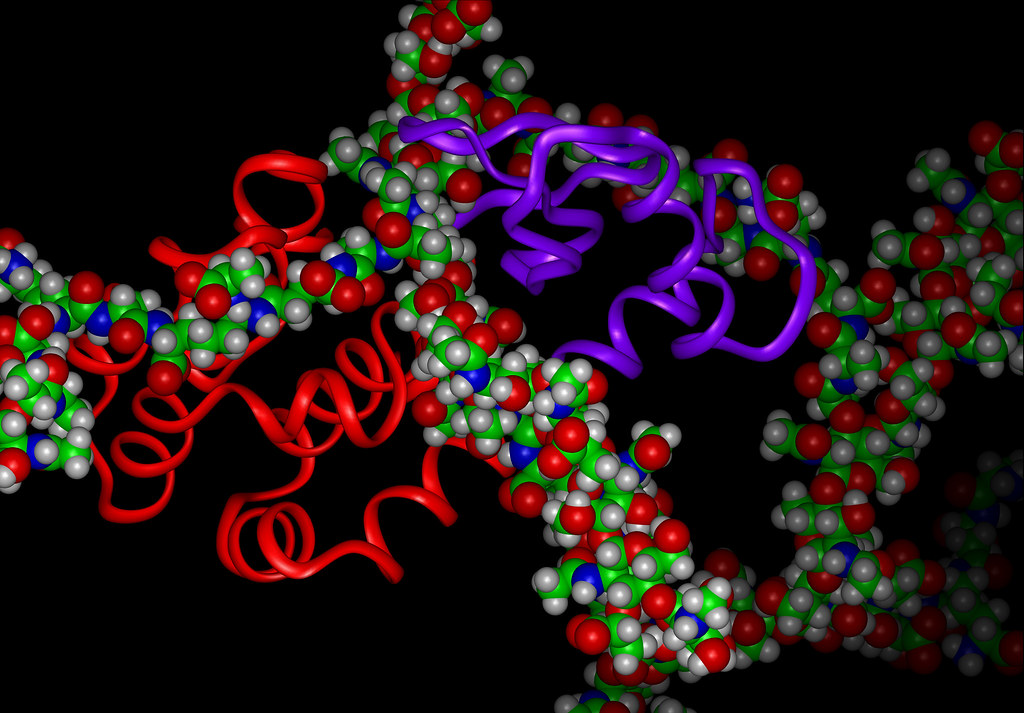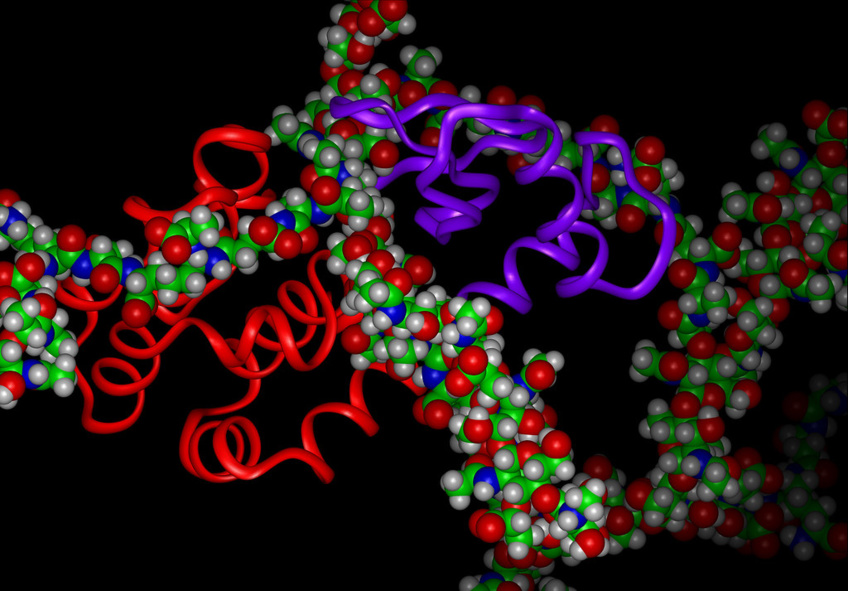Cadence Molecular Sciences, a division of Cadence Design Systems, is set to supply molecular design tools from OpenEye to energize the open-science, AI-powered Structure-enabled Antiviral Platform (ASAP) Discovery Consortium. This initiative is part of a groundbreaking approach to swiftly create antiviral agents to combat potential pandemics.
Leading the computational chemistry efforts for ASAP is John D. Chodera, PhD, who heads a laboratory at Memorial Sloan Kettering Cancer Center (MSKCC). He oversees a team of researchers and software engineers dedicated to developing the computational framework for ASAP.
Anthony Nicholls, PhD, Corporate Vice President at OpenEye, Cadence Molecular Sciences, stated, “Dr. Chodera and his team of ASAP scientists will utilize OpenEye’s tools to bolster the ASAP Discovery Consortium and research into antiviral drugs. OpenEye’s software is poised to propel the development of treatments for diseases that have not been extensively researched and to prepare for future pandemics.”
The suite of OpenEye’s Applications, Toolkits, and the Orion® platform, which encompasses ROCS®, FastROCS™, BROOD, OMEGA, OEChemTK, Grapheme™, and Nonequilibrium Switching (NES) Free Energy Calculations, among other resources, empowers computational chemists within the ASAP Discovery Consortium. They are tasked with establishing a solid pipeline for antiviral drug discovery, leveraging technology, structural biology, artificial intelligence (AI), machine learning, and computational chemistry.
“Conducting open-science drug discovery to preempt future pandemics is a vital public service,” remarked Chodera. “Having access to OpenEye’s top-tier software significantly aids our mission. The OpenEye Toolkits have been a fundamental component of our computer-aided drug discovery framework, and the Orion NES Free Energy workflows enable us to perform free energy calculations in just a few hours.”
The ASAP Discovery Consortium operates as an Antiviral Drug Discovery (AViDD) U19 Center for Pathogens of Pandemic Concern, receiving support from the National Institute of Allergy and Infectious Diseases (NIAID), a branch of the National Institutes of Health (NIH). This backing includes a $68 million grant from the Antiviral Program for Pandemics (APP).
This NIH grant supports the initial three-year stage of the ASAP Discovery Consortium’s mission, which is to produce several drug candidates that are ready for human trials in the face of an active or emerging pandemic threat. The project is committed to maximizing the benefits of an open science model, emphasizing worldwide, equitable, and affordable access to antiviral medications, and ensuring the swift and transparent sharing of a vast array of antiviral data.
The ASAP initiative continues the achievements of the COVID Moonshot project, an international, open-science effort initiated in March 2020 that swiftly pinpointed effective antiviral compounds aimed at the main protease of the SARS-CoV-2 virus. By July 2021, the Moonshot project secured $11 million from the Wellcome Trust to expedite a preclinical program through the World Health Organization’s Access to COVID Tools Accelerator (ACT-A), collaborating with the Drugs for Neglected Diseases Initiative (DNDi) to advance clinical trials based on a direct-to-generics approach.
The leadership of the ASAP Discovery Consortium comprises Principal Investigators John Chodera (MSKCC), Alpha Lee (PostEra), and Peter Sjö (DNDi). The consortium’s partners span across several prestigious institutions, including the Diamond Light Source (UK), the Weizmann Institute of Science (Israel), Medchemica (UK), Mount Sinai (USA), the Stanford University School of Medicine (USA), and the Fred Hutchinson Cancer Center (USA). This network extends to a broad array of scientists and collaborators from various industries worldwide.
Leading the computational chemistry efforts for ASAP is John D. Chodera, PhD, who heads a laboratory at Memorial Sloan Kettering Cancer Center (MSKCC). He oversees a team of researchers and software engineers dedicated to developing the computational framework for ASAP.
Anthony Nicholls, PhD, Corporate Vice President at OpenEye, Cadence Molecular Sciences, stated, “Dr. Chodera and his team of ASAP scientists will utilize OpenEye’s tools to bolster the ASAP Discovery Consortium and research into antiviral drugs. OpenEye’s software is poised to propel the development of treatments for diseases that have not been extensively researched and to prepare for future pandemics.”
The suite of OpenEye’s Applications, Toolkits, and the Orion® platform, which encompasses ROCS®, FastROCS™, BROOD, OMEGA, OEChemTK, Grapheme™, and Nonequilibrium Switching (NES) Free Energy Calculations, among other resources, empowers computational chemists within the ASAP Discovery Consortium. They are tasked with establishing a solid pipeline for antiviral drug discovery, leveraging technology, structural biology, artificial intelligence (AI), machine learning, and computational chemistry.
“Conducting open-science drug discovery to preempt future pandemics is a vital public service,” remarked Chodera. “Having access to OpenEye’s top-tier software significantly aids our mission. The OpenEye Toolkits have been a fundamental component of our computer-aided drug discovery framework, and the Orion NES Free Energy workflows enable us to perform free energy calculations in just a few hours.”
The ASAP Discovery Consortium operates as an Antiviral Drug Discovery (AViDD) U19 Center for Pathogens of Pandemic Concern, receiving support from the National Institute of Allergy and Infectious Diseases (NIAID), a branch of the National Institutes of Health (NIH). This backing includes a $68 million grant from the Antiviral Program for Pandemics (APP).
This NIH grant supports the initial three-year stage of the ASAP Discovery Consortium’s mission, which is to produce several drug candidates that are ready for human trials in the face of an active or emerging pandemic threat. The project is committed to maximizing the benefits of an open science model, emphasizing worldwide, equitable, and affordable access to antiviral medications, and ensuring the swift and transparent sharing of a vast array of antiviral data.
The ASAP initiative continues the achievements of the COVID Moonshot project, an international, open-science effort initiated in March 2020 that swiftly pinpointed effective antiviral compounds aimed at the main protease of the SARS-CoV-2 virus. By July 2021, the Moonshot project secured $11 million from the Wellcome Trust to expedite a preclinical program through the World Health Organization’s Access to COVID Tools Accelerator (ACT-A), collaborating with the Drugs for Neglected Diseases Initiative (DNDi) to advance clinical trials based on a direct-to-generics approach.
The leadership of the ASAP Discovery Consortium comprises Principal Investigators John Chodera (MSKCC), Alpha Lee (PostEra), and Peter Sjö (DNDi). The consortium’s partners span across several prestigious institutions, including the Diamond Light Source (UK), the Weizmann Institute of Science (Israel), Medchemica (UK), Mount Sinai (USA), the Stanford University School of Medicine (USA), and the Fred Hutchinson Cancer Center (USA). This network extends to a broad array of scientists and collaborators from various industries worldwide.


 ASAP Consortium: Pioneering Open-Science Antiviral Drug Discovery
ASAP Consortium: Pioneering Open-Science Antiviral Drug Discovery





 Companies
Companies